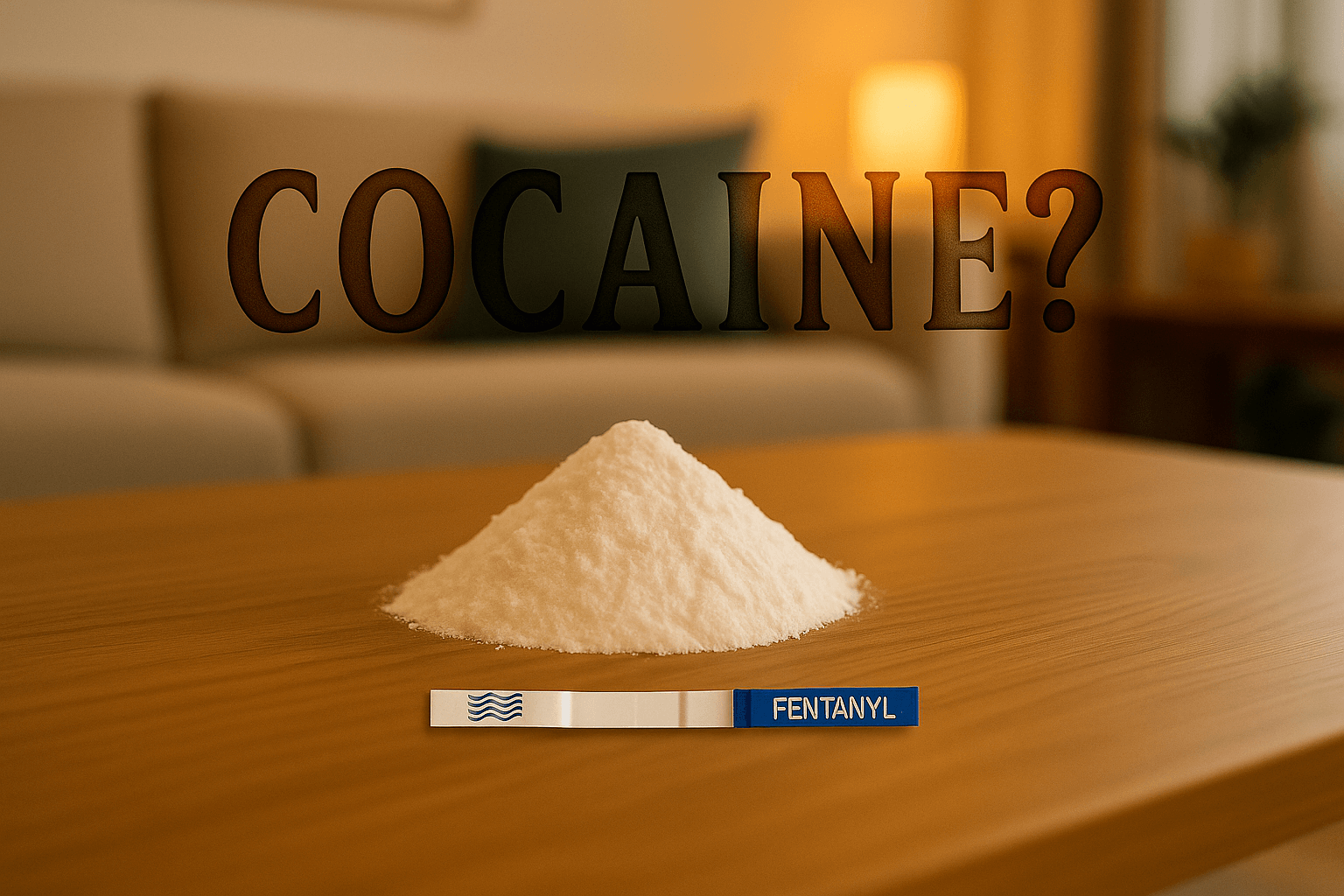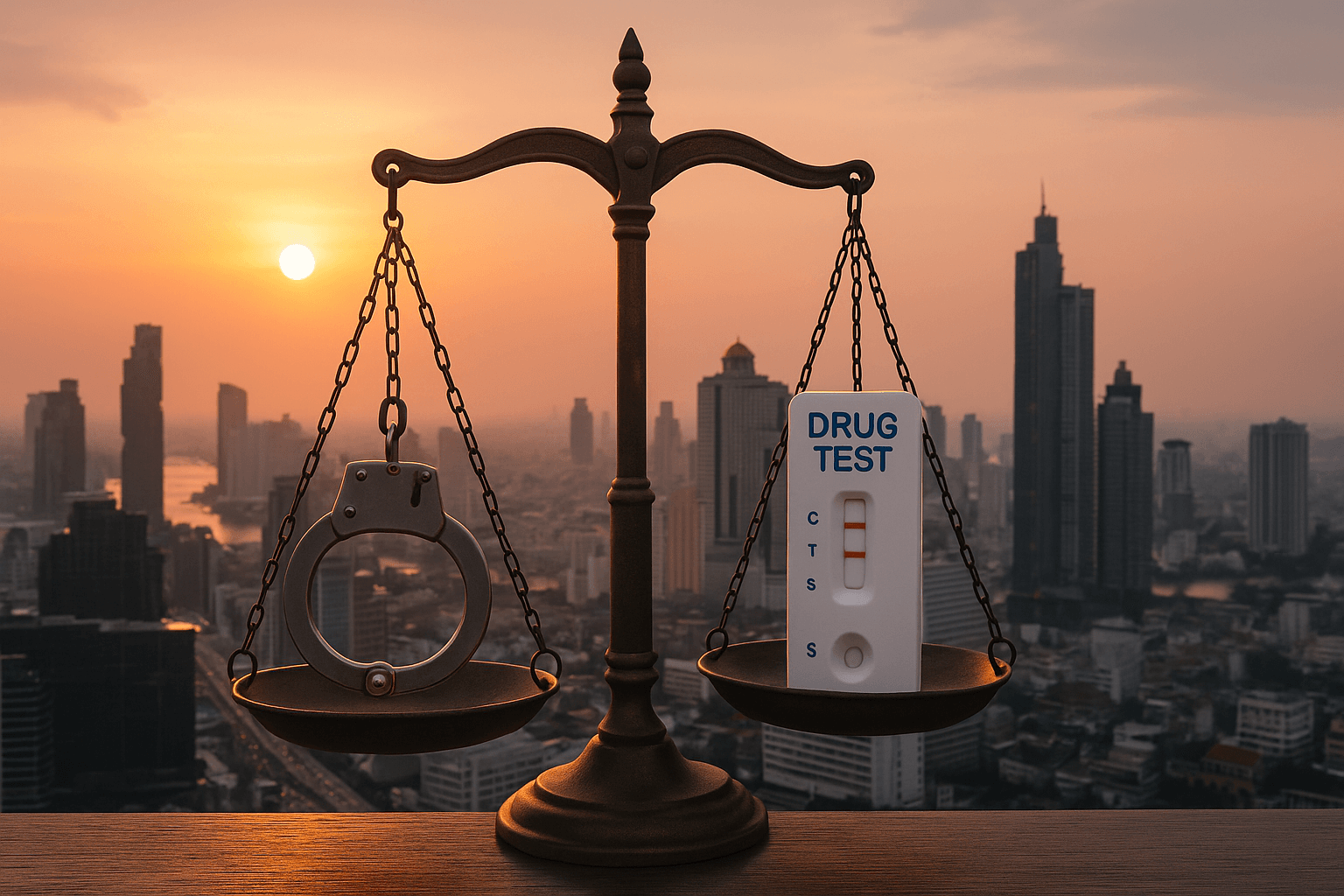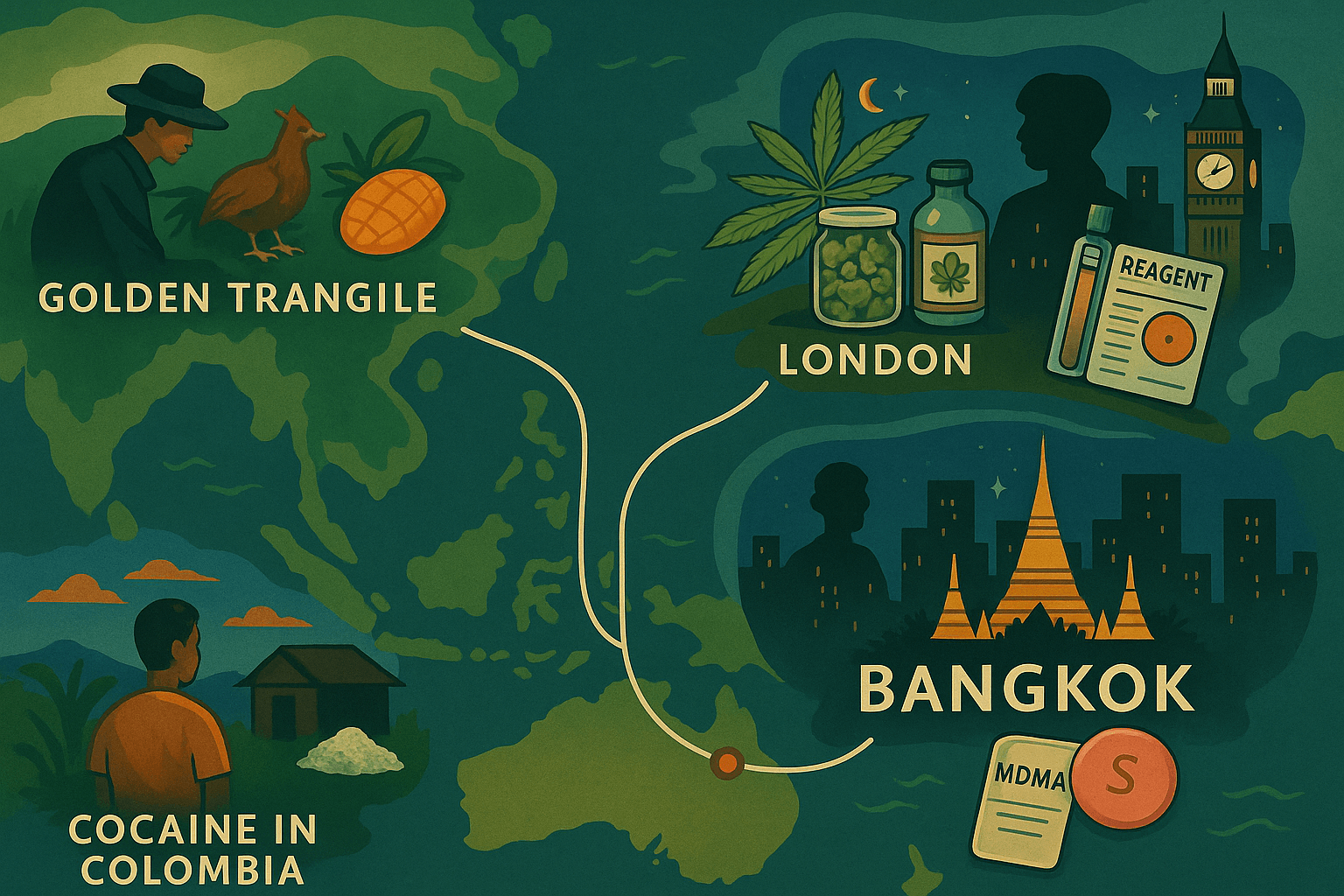The 2023 UNODC report on synthetic drugs in East and Southeast Asia provides comprehensive insights into the trends and statistics surrounding New Psychoactive Substances (NPS) in Thailand. This summary focuses on the key statistical and numerical information detailed in the report.
Overview of NPS in Thailand
Thailand has seen a significant emergence of various New Psychoactive Substances (NPS), particularly synthetic cannabinoids and synthetic cathinones. As of 2022, Thailand reported the identification of multiple NPS categories, with synthetic cannabinoids and synthetic cathinones being among the most prevalent.
Synthetic Cannabinoids: Thailand has seen an increase in synthetic cannabinoids, which are commonly detected in seized drug samples. These substances are designed to mimic the effects of THC, the active ingredient in cannabis.
Synthetic Cathinones: These are often referred to as “bath salts” and have been increasingly detected in Thailand. Synthetic cathinones are stimulants that mimic the effects of drugs like cocaine and MDMA.
Seizure Data and Trends
The report provides detailed seizure data highlighting the extent of the NPS issue in Thailand:
Seizures of Synthetic Drugs: Thailand reported significant seizures of NPS in 2022, reflecting a continued trend of high enforcement activity. In particular, the seizures of synthetic cannabinoids and synthetic cathinones have been noteworthy.
Notable Seizures: In 2022, Thailand recorded a total of 1,867.5 kg of ketamine seizures, which includes various NPS mixtures containing ketamine analogs. This amount is a substantial increase from previous years and indicates a growing market for these substances.
Legal and Regulatory Responses
Thailand has been proactive in addressing the emergence of NPS through enhanced legal controls and regulatory measures:
Class Scheduling: The country has implemented class scheduling laws to curb the proliferation of synthetic cannabinoids. This has led to the identification of new substances designed to circumvent these controls, including several new synthetic cannabinoids detected in 2022.
Forensic Analysis: Thai authorities have also conducted extensive forensic analyses to identify the specific composition of seized NPS, which has revealed the presence of dangerous substances like fentanyl in combination with other drugs.
Einpacken
The emergence of NPS in Thailand presents significant challenges for law enforcement and public health. Despite regulatory efforts, the proliferation of these substances continues, driven by sophisticated manufacturing and distribution networks. The 2023 report underscores the need for continued vigilance and international cooperation to address the NPS issue in Thailand and the broader region.
For further details, refer to the full UNODC report: [Synthetic Drugs in East and Southeast Asia 2023](https://www.unodc.org/documents/southeastasiaandpacific/Publications/2023/Synthetic_Drugs_Report_2023.pdf).




